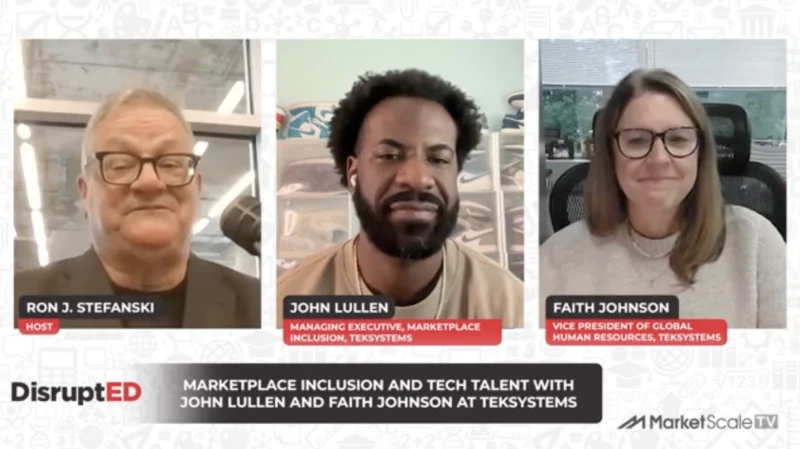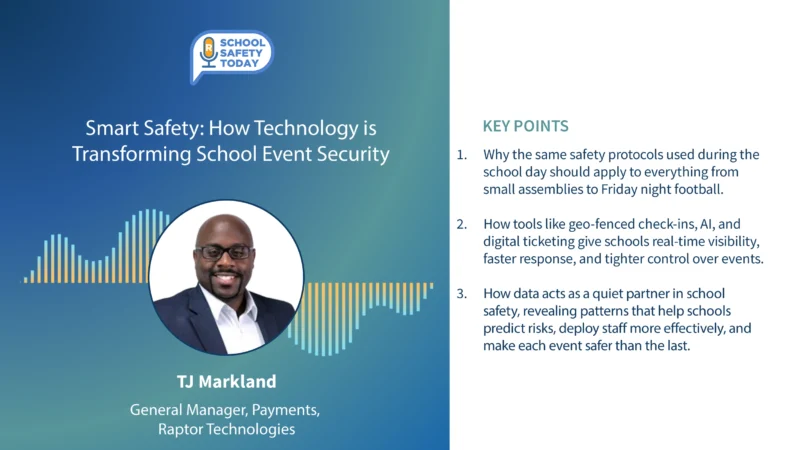How do Americans Define Success?
How do Americans define success? That’s a loaded question, and one guaranteed to illicit multiple answers depending on who answers it and under what context.
Recently, the traditional view of success, often interlinked with higher education and subsequent white-collar employment, has been scrutinized. A growing discourse suggests that success might have a more nuanced definition, encompassing more than just academic and financial achievements. This re-evaluation seems to be a timely response to the evolving societal and economic dynamics, where the “college for all” ideology has shown cracks, and alternative pathways to success have emerged. The stakes are high, as this conversation could reshape educational policies, societal norms, and individual aspirations.
So, how do Americans define success today, and how does this definition influence how we approach education? Does the conventional pathway through higher education still hold the same allure, or are Americans leaning towards a broader, more individualized interpretation of success?
The Future of Education: Class Disrupted, hosted by Michael B. Horn and Diane Tavenner, explores these critical questions in a recent episode featuring Todd Rose, Co-Founder & CEO of Populace. The discussion delves into how Americans define success and the implications of these definitions on K-12 education and beyond.
Highlights from Horn, Tavenner, and Rose’s conversation include:
- A new Populace study revealed a shift in the perception of success, moving away from traditional markers like higher education to aspects like community, financial security, and meaningful work.
- The rank of a college diploma as a marker of success has significantly plummeted, reflecting a changing attitude towards higher education and its correlation with success.
- The ongoing paradigm shift challenges the existing education system to realign with the evolving definitions of success and the aspirations of the individuals it serves.
Todd Rose, with his extensive background in education and his position as the CEO of Populace, brings a wealth of knowledge to this conversation. He’s a best-selling author known for his works like “The End of Average” and “Collective Illusions.” His insights challenge the conventional narratives around success, urging a rethink of the existing educational paradigms to serve individuals better and prepare them for a life imbued with personal and communal meaning. This episode pushes the boundaries of the conventional discourse, urging educators, policymakers, and individuals to re-evaluate the entrenched beliefs surrounding success and education.




